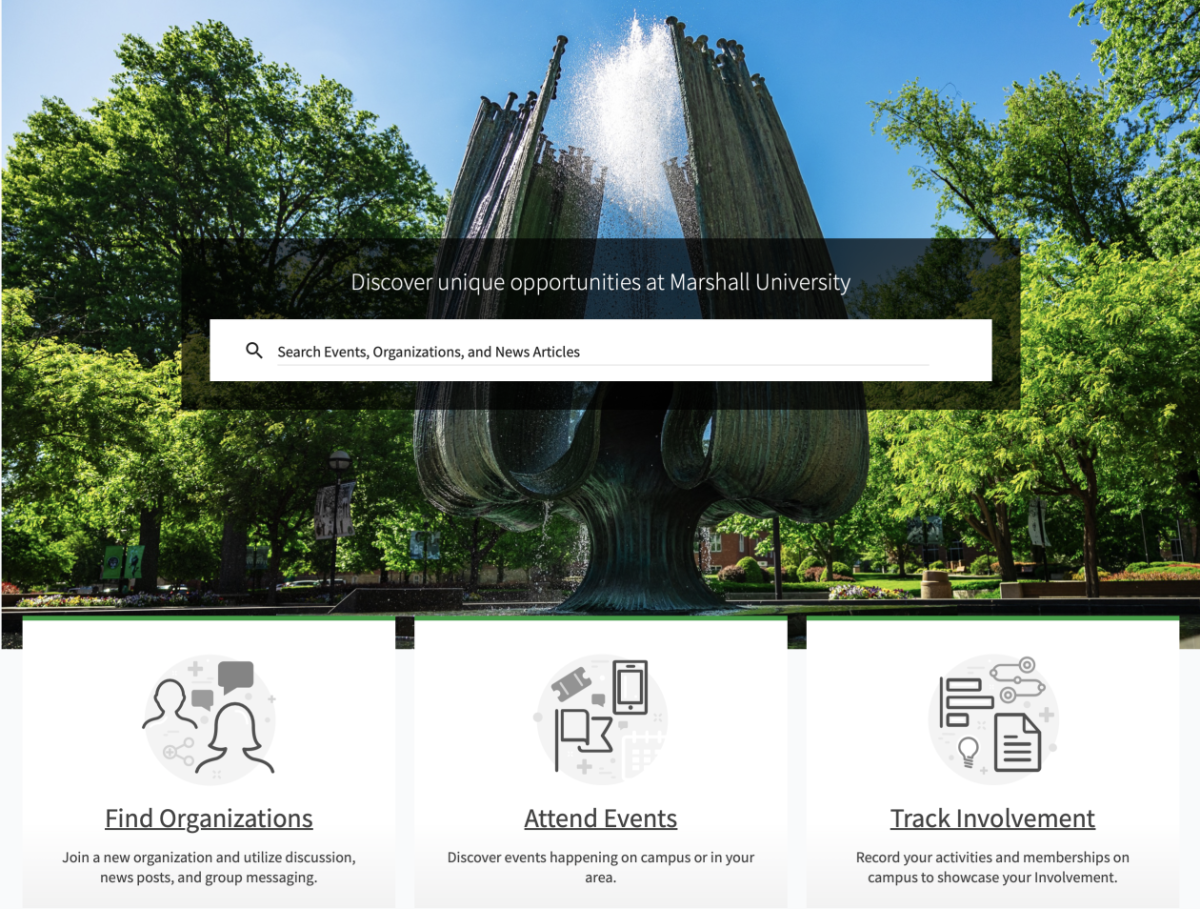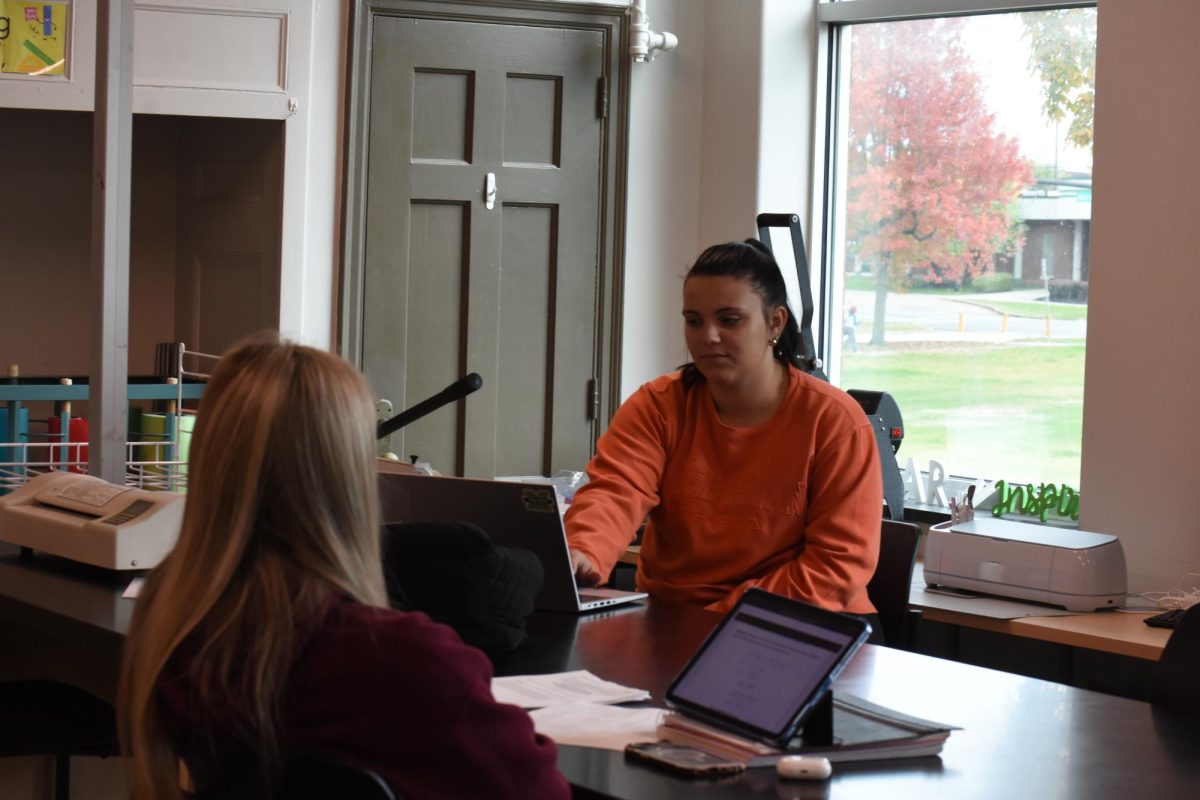Although some offices and titles have changed, state and federal bans on diversity, equity and inclusion have not and will not diminish student support on campus, said the director of access, connections and engagement.
“We don’t physically have a space anymore, but we still have those amazing people at Marshall,” said Shaunte Polk, who formerly served as the director of Intercultural and International Students. “We will continue to be those people at Marshall who serve them, give them programming, connect them with people on and off campus, so they can have the best experience ever.”
“This is not goodbye,” she added. “It’s just see you later.”
Monday, April 14, marked the end of the 90-day period given by the Office of the Governor for state-funded institutions to propose a plan that remains compliant with Executive Order No. 3-25.
The transition from the Center for African American Studies, LGBTQ+ Office and International Students Office to the Access, Connections and Engagement Center is one of the primary changes that occurred as a result of the state order.
Destiny Tomblin, the coordinator for the ACE Center, said the center will not stop providing services to any groups and will only be broadening the “target audience” for their resources.
“We’re changing it to have more resources for non-traditional students,” Tomblin said, noting students on the autism spectrum, low socioeconomic students and commuter students as a few groups who will now have more resources from the ACE Center.
“All these people that we are saying we are going to be here to help service and have resources for – these are people we are already helping, people we have already been open to,” they said.
Marcie Simms, the vice president of Student Affairs, said the faculty that make up the Division of Student Affairs have worked together to consider what they can add to East Hall rather than take away to remain in compliance with state orders. Simms listed pictures and books that are representative of more groups as two new additions.
“My goal, always, for that spot is not to change anyone’s morals, values or vote, but maybe increase people’s empathy,” Simms said.
As the leader of the Division of Student Affairs, Simms has spearheaded the university’s proposal on DEI revisions. She said a large misunderstanding in this situation has been the community’s perception of why the university responded so quickly.
On Feb. 14, the United States Department of Education’s Office of Civil Rights sent a “Dear Colleague” letter to the university. While the state executive order required institutions to respond within 90 days, this letter required them to implement changes within 14 days or risk losing funding.
If the university had not complied with the letter’s orders, Simms said students’ financial aid could have taken a massive hit.
“We were at risk of losing state and federal funding, and that funding is not just for our salaries and our spaces, but that can also impact Promise Scholarship, student scholarships,” she said.
“With the percentage of people who are either on Pell Grant or on a loan or on a scholarship, we would not be able to just survive without them,” she said.
While drafting the proposal, Simms said her top priorities were keeping student resources, resource spaces and faculty members while remaining transparent. With plans now finalized, zero faculty members or student organizations have been cut as a result of the orders, although universities around the country have not been as fortunate.
“Other folks were lost, other offices were lost, and the fact they gave us that opportunity and tried to save people – everybody wasn’t as lucky we are,” Polk said. “So, to say that they didn’t fight, or they didn’t try, is a huge misunderstanding because they did, and we thank them every day because we would not be here.”
Polk and Tomblin said their doors at the ACE Center are open, and they encouraged students to visit them and ask questions about these changes.
Simms said her goal, not just at this time but always, is for all students “to feel seen, heard and supported.”
“No one’s taking away my equity lens,” Simms said. “You know, the order – it may affect our spaces and what we do, but that is something personal.”
Baylee Parsons can be contacted at [email protected].






















Casey Day • Apr 23, 2025 at 2:22 pm
I appreciate the update. The title “DEI plans” is misleading in my opinion, because it’s really “anti DEI plans.” The plans came from anti DEI orders so call it what it is.